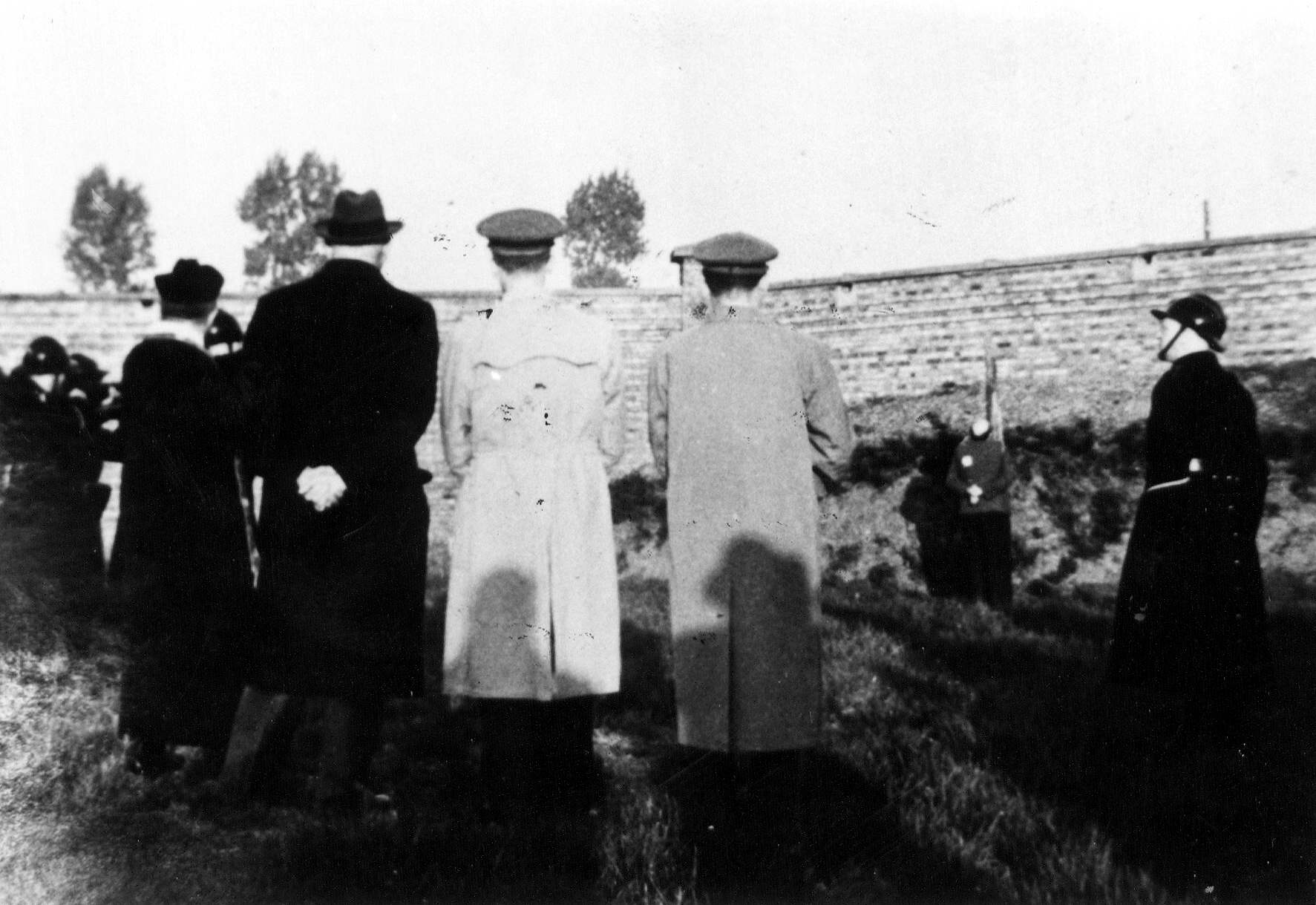A first workshop for the Postwarex project : Sources from military jurisdictions to study the death penalty and capital punishment after WWII

On Monday, December 14, 2020, the BRAIN 2.0 POSTWAREX project team (Dirk Luyten and Élise Rezsöhazy for CegeSoma, Stanislas Horvat and Dimitri Roden for the Royal Military Academy) held its first online workshop (closed). The main objective of the afternoon's work was to bring together researchers studying the repression of WWII collaboration, the military judiciary , as well as capital executions, and archivists in charge of court archives, in order to discuss sources useful for the research conducted by the POSTWAREX team. In particular, the POSTWAREX team is interested in the capital executions that were carried out in the context of this post-war repression, and in the decision-making process that led up to these executions, a problem that it approaches through the prism of military justice. Special attention was therefore paid to the legal sources from the military tribunals and the Military Court that carried out this repression and those produced by the military prosecution departments and the Chief Military Prosecutor’s Office.
About thirty Belgian, French and Dutch researchers participated in the workshop. In addition to the global presentation of the project by Dirk Luyten (CegeSoma), Johannes Van De Walle (AGR 2 - Cuvelier repository) gave us an overview of the sources from the military jurisdictions found in the Cuvelier repository of the National Archives of Belgium. He pointed out the diversity of the sources, both in their nature and origin, the complexity of their classification, the specificities of the files of the different military tribunals and the heuristic difficulties generated by these specificities.
Élise Rezsöhazy then proposed a journey through the sources, mainly from the Chief Military Prosecutor's Office, which allow her to take an institutional and meta-legal approach to the question of executions. She explained the heuristic limits of these sources and what, on the other hand, they allow us to document. She thus showed that the general legal, institutional and practical framework in which the military prosecution departments and the Chief Military Prosecutor's Office carried out this repression can be reconstructed thanks to the documents kept by the General Instructions Service or its successor, the Documentation Service.
Dimitri Roden, for his part, spoke to us about the archives of the war tribunals and the Military Court, on which he has been working since the beginning of the project in order to establish a database of those sentenced to death and executed and to answer one of our research questions: why are some people sentenced to death executed and others not? In particular, he presented us with the limits and possibilities offered by the individual administrative files of the executed persons, established at the level of the military prosecution departments, in which information on judicial proceedings, requests for pardon and administrative issues surrounding the execution of the sentence are included. He notes, among other things, the absence of the Chief Military Prosecutor, Ganshof van der Meersch and then Paul van der Straeten, and the importance of the role of the military prosecution departments, where the first instructions are carried out. The two researchers of the project also underlined the important gap left by the absence of sources from these military prosecution departments, at the level of which important issues seemed to be at stake, since these bodies were at the root of the repression of collaboration and thus of capital executions.
It then emerged from the discussions with the audience that these sources will certainly bring a new perspective to the question of executions and repression, in that they allow an approach through actors whose archives were not then exploited. Access to the files of military courts and tribunals will also certainly make it possible to complete the research carried out in recent years on the basis of more political sources, the press, or documents of limited scope.